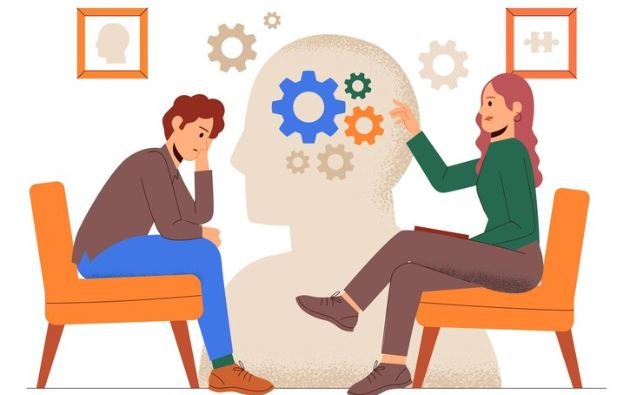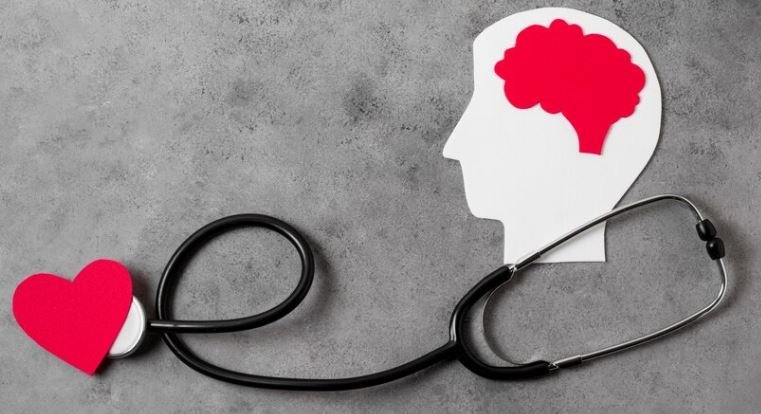Do you ever wonder why it seems like your friends always learn a different way than you do? Or why sometimes learning is effortless but at other times it seems impossible?
It is also known as the branch of psychology that helps us learn about ourselves and how we can better our learning. It is like a secret guide to tell the teachers how best they should be teaching and it tells you as students, what way of learning will help them understand even better.
Understanding How We Learn
Everyone and I mean every single individual learns, however it is how you are taught that could lead to a person not learning. Educational psychology is a map that guides us to the route of learning.
It helps let teachers know that some kids need to have pictures right in front of them, others just do better listening to stories like me and still other students learn more with hands-on activities. Knowing this, teachers can develop lessons that assist everyone in learning in the way they learn best.
Remember the last time you had an interesting art or craft work at school? Did it even help you retain what we were teaching? Activities That Work.
According to Educational Psychology More specifically, the study found that when we use our hands and also sometimes our eyes or ears to learn, our brains remember things better. That is the reason for educational psychology, to make learning enjoyable and easy on the memory.
Teachers have a big job. Everyone is different, and yet they must help every student in the class learn. First, educational psychology gives teachers the tools they need when learning about what makes their students tick.
It may take some students longer while others need images and another group needs it to be tried out. With educational psychology, teachers can learn how they should teach to just the right amount of difficulty for their students so that learning takes place.
The same teacher, for instance, would assign a student who learns by doing more hands-on activities such as building or drawing. If another student learns by listening, the teacher is likely to read stories or talk as a way of explaining things more frequently.
Educational psychology transforms teachers into detectives it is a way of sussing out the best possible ways to teach every child in our classrooms.
Making Learning Feel Good For Everyone
It can be a struggle to learn at times. Perhaps you have experienced panic over picking correctly or nerves about taking a huge exam. It also can be helpful for teachers to understand how students feel about learning, which is a big help too.
If teachers know how students feel, they can take that feeling away learning is less frightening and more enjoyable. For instance, if a teacher is aware that the student carries stress into an assessment situation they might permit more practice questions with some tutoring to prepare in a manner making the child feel secure.
According to educational psychology, when students see themselves in a positive light–they are more likely to be successful academically. In short, it is not only about what you learn but also how feel when learning.
SPEED — Different Kinds of Smarts
What about all the different types of smart we have? We each have our gifts- some are good at math, others excel in sports and then there are those gifted with a beautiful singing voice or ability to draw anything! Educational psychology tells us that everyone has their kind of smartness (you might have heard this called “multiple intelligences”).
If you are good at playing music or singing then this means that you have “musical intelligence”. If you have a natural ability to read the emotions of others and provide practical assistance, then your intelligence may be “interpersonal.”
With educational psychology, teachers can look at these multiple intelligences that each student has so that their strengths are used in learning.
This matters because it tells us that being clever does not mean you have to finish your school history as quickly and neatly for every math or spell. last reading.
It is the art of utilizing your strengths to acquire something outta it. This is a lesson from educational psychology: everyone has something unique about them, and it shows you what that truly can be.
How to Learn Being Fun And Exciting
Have you ever been in a lesson that was so enjoyable but didn’t even notice how it can become a learning experience? It is through educational psychology that teachers generate an enthusiasm for learning. Fun learning activities help students to focus and remember what they learn.
Activities could be games, stories or even the use of technology to make learning interesting. Instead of just learning about animals, for example, you might watch a video of them in their wild habitat or play an interactive game where you’re a zookeeper.
Educational Psychology helps teachers forge new ideas about how they can teach their students so that the learners stay curious and enthusiastic when it comes to going through any form of learning stage.

Why It Matters for Everyone
However educational psychology is not only for teachers. This is just as much for the students and their families. Students who understand how they learn best have a lot of power to protect and help themselves in school.
One example is if you already know that writing down stuff helps for memory whatsoever, you might just as well go ahead in the class and start taking notes at some lesson.
Or if you are a kinesthetic learner, ask your teacher if they have something that involves standing up or walking around. Educational psychology can also be used at home by parents which helps them to assist their children.
If parents are aware their child is a visual learner, they might use many pictures or videos to reinforce homework. Educational psychology can work with everyone to make the learning process more efficient and enjoyable.
Looking at the Bigger Picture
But educational psychology touches upon all that occurs beyond the classroom as well. It too, examines the way students develop (or fail to) as they progress.
So for instance a thing that can be adapted by this is it helps teachers know maybe younger kids might need more breaks during the day because their brains tired out faster. The older they get, the more complex the tasks are and therefore need less help from teachers.
It assists the school to be protective and supportive of other environments. Organizations may work to cover the widest range of services and support available, but when a student knows that they are safe, respected, and supported in their endeavours then suddenly testable curriculum seems accessible because someone is encouraging them. Schools have rules and routines for a reason: so kids can learn.
The Future of Learning
The world evolves and so does the way we learn. New tools and technologies in learning might be utilised properly with the understanding of educational psychology.
A great example is many students in schools who do schoolwork on computers or tablets instead of paper. Educational Psychologists help school personnel use these tools on behalf of the student and to increase overall learning.
And how we can continue to make education better for everyone. Educational psychologists could use this landscape of human learning to help design study processes that make schools work better and more universally.
It means providing all students with the opportunity to learn and be successful, regardless of who they are or from whence they came.
What Way You Can Employ Educational Psychology?
Though the study of educational psychology looks like something that teachers and scientists should know, you can make use of it as well. Knowing how you learn can help you to do better in school and like learning.
If you know that visuals are your thing, ask the teacher to provide more pictures or good YouTube videos. However, if you are more of an auditory learner and remember instructions verbally, focus on verbalizing details before doing the tasks.
Think of educational psychology as a key that opens up the best in you. It makes you aware of your strengths and how to leverage them. It also helps you understand that learning is lifelong and it’s completely fine to take your time perceiving the path that suits best for you.
In brief, what education? psych has to offer
Hence, the significance of educational psychology? Because it teaches us about learning how we learn, how we feel when learning and what makes for better learning for all. It is a great resource for teachers, students and parents to enhance learning in the classroom.
Educational psychology can help us create a school environment that ensures all individuals the opportunity to be successful, regardless of how they learn is most effective.
It is not all about riding into the sunset with straight A grades; this process involves understanding yourself (the learner) and how you can buttress growth through learning.


